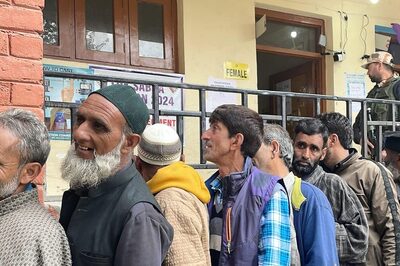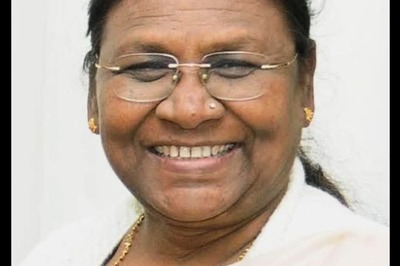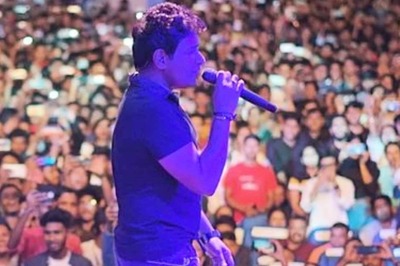
views
CHENNAI: Awareness on acting at the first signs of a heart attack is low among the Indian population, say cardiologists. In a meeting with the press, held along the sidelines of sixth Annual Interventional Symposium — Advanced Cardiovascular Therapeutics (ACT), at Madras Medical Mission (MMM), doctors spoke about treating heart attacks.Dr Mullasari Ajit, course director of ACT 2011, said, “The mean age of myocardial infarction (heart attacks) in India is 54. This is 10 years lesser than in the European countries.” This can be attributed to the changing lifestyle in the country. He also explained the need to get immediate attention in case of chest pain.Apparently 90 per cent of people who suspect that they may have had a heart attack use public transport or their own vehicle to get to the hospital and only 10 per cent opt for an ambulance.“If you have a chest pain, the best place to stay is a coronary care unit or a well equipped ambulance.Home or a small clinic is not the right place to treat your pain,” Dr Ajith said.Another course director, Dr Mathew Samuel listed the possible signs of an impending cardiac arrest; any unusual pain in the left or right side of the body, lower jaw or abdominal pain.“Missing these symptoms can be fatal, especially if you smoke, lead a sedentary lifestyle or have a family history of heart disease,” he said. Dr Ravi Nair, from Cleveland Clinic, Ohio, said that there has been a paradigm shift in India — from people dying of tuberculosis to dying of heart attacks. “Forty per cent of patients die within their first myocardial infarction.Life expectancy has also gone up, so the number of problems also increases,” he said.The most crucial period is the 90 minutes after a heart attack. Dr Ajit says that the “door to balloon time” is important to save the patient. This time will be shortened if the public and general physicians are able to identify the cardiac arrest and send the patient in for an angioplasty within 90 minutes.Besides these, congenital heart defects (CHD) were also discussed. Dr Larry Latson, pediatric cardiologist said that CHD was not as rare as people thought.He said, “One out of every hundred kids is born with a CHD. But with progress in treatment, many are making it to adulthood.Right now, there are more adults with CHD than children.” The ACT 2011 calls to create awareness among public on the signs of cardiac arrest, and to use the fairly well connected ambulance system in India.




















Comments
0 comment